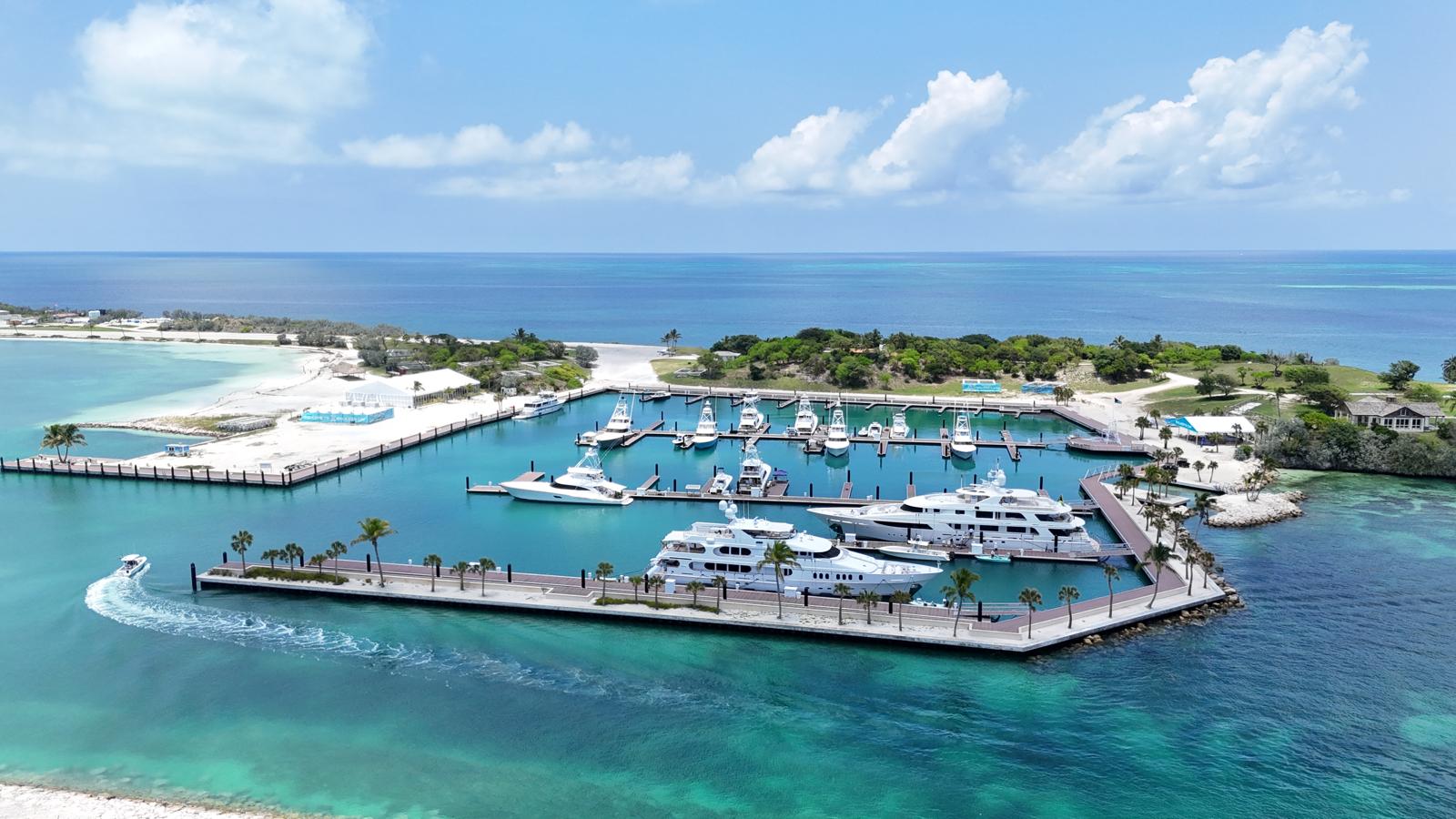Navigating Hurricane Season for Boaters

As the warm summer months roll in, so does hurricane season, a time of year that demands the attention of boaters everywhere. Running from June 1 to November 30, the Atlantic hurricane season can bring unpredictable and severe weather, posing significant risks to boats and marinas. For boaters, preparation is not just a precaution—it’s a necessity. Here are some tips on how you can ensure your vessel is ready to weather the storm.
Stay Informed and Plan Ahead
The first step in hurricane preparedness is staying informed. Regularly monitor weather updates from trusted sources like the National Hurricane Center and your local weather stations. Early warnings give you the crucial time needed to secure your boat. Create a hurricane plan well in advance, detailing steps to take when a storm is imminent. Share this plan with your family and crew to ensure everyone knows their role.
Choose Your Safe Haven
Deciding where to keep your boat during a hurricane is vital. Options include hauling the boat out of the water, moving it to a safer location, or securing it at a marina. If you opt to keep your boat at a marina, ensure it has a hurricane plan in place and strong infrastructure to withstand the storm. Alternatively, boats stored on trailers should be moved inland to higher ground and secured properly.
Secure Your Boat
If your boat will remain in the water, double up on mooring lines and use chafe protectors to prevent lines from wearing through. Position the boat away from docks and other structures to avoid collisions caused by rising tides and heavy winds. Remove loose items from the deck, such as sails, dinghies, and cushions, to prevent them from becoming dangerous projectiles. Ensure all hatches and ports are securely closed to keep water out.
For boats stored on land, use sturdy tie-downs to anchor the boat to the ground. Remove electronics and valuable items to protect them from water damage. Ensure that the boat’s bilge pump is functioning properly and that battery-powered backups are available in case of power failure.
Check Your Insurance
Review your boat insurance policy before hurricane season to understand what is covered. Ensure your policy includes provisions for storm damage and consider additional coverage if necessary. Keep documentation of your boat, including photos and registration details, in a safe place in case you need to file a claim.
After the Storm
Once the storm has passed, assess the condition of your boat as soon as it is safe to do so. Document any damage with photos and contact your insurance company promptly. Even if your boat appears undamaged, conduct a thorough inspection, including the hull, engine, and electrical systems, before heading back out on the water.
Community and Resources
Engage with your local boating community for additional support and advice. Many marinas and yacht clubs offer seminars on hurricane preparedness and can provide valuable resources and guidance. Online forums and boating organizations also offer a wealth of information on best practices and real-life experiences.
While the threat of hurricanes is a serious matter, thorough preparation can significantly mitigate risks. By staying informed, having a detailed plan, and taking proactive measures to secure your boat, you can protect your valuable investment and ensure a swift return to the water once the skies are clear.
